Category: Simulation
-
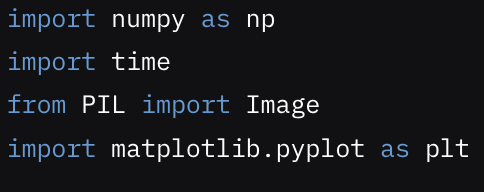
Accelerating Image Convolution with CuPy
In this project, we’ll use CuPy to speed up image convolution, a fundamental operation in image processing used for tasks like blurring, sharpening, and edge detection. Convolution applies a small matrix (called a kernel) to an image by sliding it over each pixel and computing a weighted sum of neighboring values. This process is computationally…
-

Estimating π with a Monte Carlo Simulation Using CuPy
In this project, we’ll use CuPy, a GPU-accelerated computing library, to estimate the value of π through a Monte Carlo simulation. This approach leverages random sampling to approximate π by simulating points in a square and circle, making it a fun and practical demonstration of CuPy’s power for parallel numerical tasks. What is CuPy and…
-
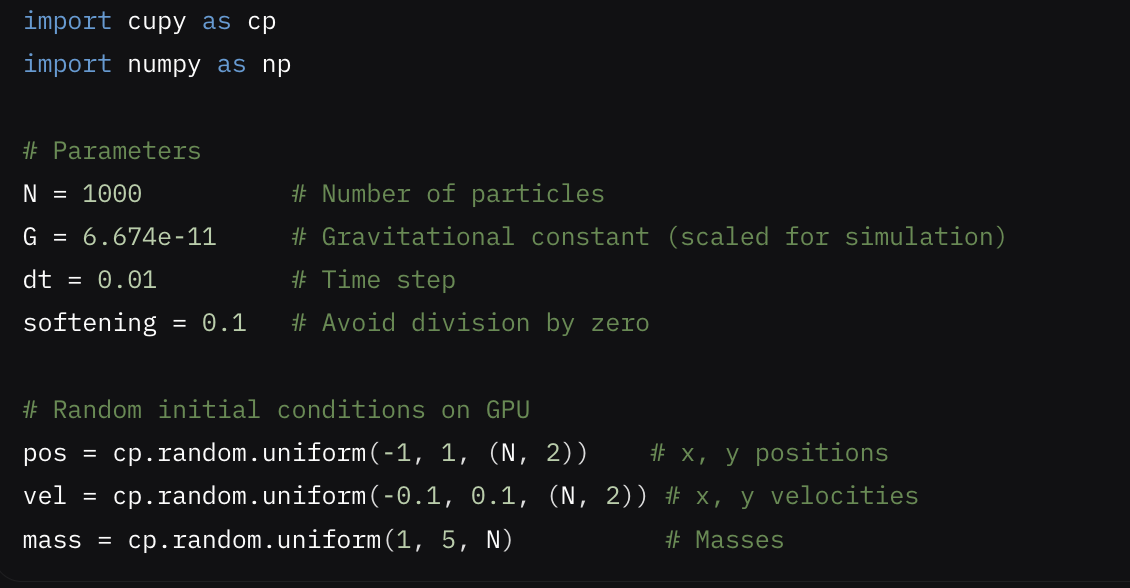
N-Body Simulation with CuPy: A GPU-Accelerated Approach
In this project, we’ll use CuPy to simulate an N-body gravitational system, where multiple particles interact under gravity. This is a classic physics problem that scales poorly with the number of particles on a CPU due to its (O(N^2)) complexity. CuPy’s GPU acceleration shines here, speeding up the pairwise force calculations. We’ll walk through the…
-

Building a 2D Heat Equation Simulation with CuPy: A Step-by-Step Guide
In this blog post, we’ll use CuPy, a NumPy-compatible library for GPU-accelerated computing, to build a practical project: simulating the 2D heat equation. This isn’t about basic setup or simple examples—instead, we’ll create a numerical simulation from scratch, compare CPU and GPU performance, and visualize the results. By the end, you’ll see how CuPy can…
-

PySCF (Python-based Simulations of Chemistry Framework): A Library for Quantum Chemistry Simulations
1. Introduction PySCF is an open-source Python library for quantum chemistry simulations. It provides a comprehensive set of tools for electronic structure calculations, including Hartree-Fock (HF), Density Functional Theory (DFT), and advanced post-HF methods like Coupled Cluster (CC) and Configuration Interaction (CI). PySCF is highly modular and extensible, making it ideal for researchers exploring molecular…
-
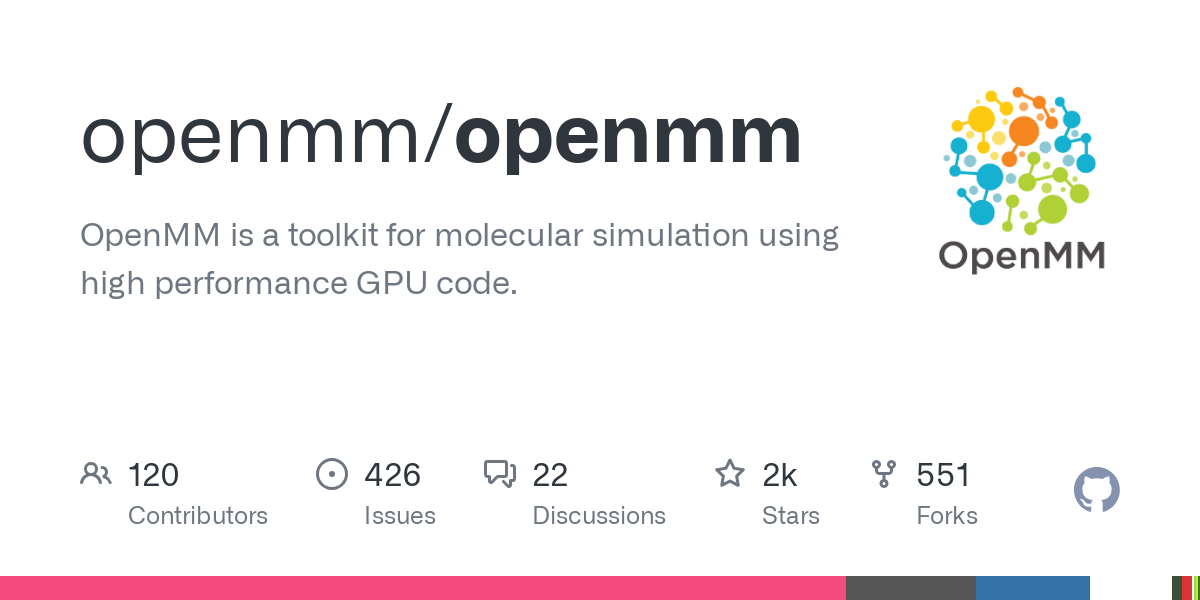
OpenMM: High-Performance Molecular Dynamics Simulation Toolkit
1. Introduction OpenMM is an open-source toolkit for molecular dynamics simulations, designed to enable high-performance computations on GPUs and CPUs. It is widely used in computational chemistry, biophysics, and material science for simulating molecular systems and studying their behavior. OpenMM provides a flexible Python API for defining systems, running simulations, and analyzing results, making it…
-

DeepMind JAX MD: Accelerating Molecular Dynamics Simulations with AI
1. Introduction JAX MD is an open-source library developed by DeepMind for performing molecular dynamics simulations using JAX. It combines the power of physics-based modeling with modern machine learning techniques to simulate atomic and molecular systems efficiently. JAX MD is designed for researchers in physics, chemistry, and material science, enabling applications in drug discovery, nanotechnology,…
-

ClimateLearn: Machine Learning for Climate Science
1. Introduction ClimateLearn is an open-source Python library designed to simplify the application of machine learning to climate science. It provides tools for processing climate datasets, training models, and evaluating predictions, enabling researchers to tackle challenges like climate forecasting, renewable energy optimization, and environmental monitoring. ClimateLearn bridges the gap between machine learning and climate science,…
-

NVIDIA Modulus: AI-Powered Physics Simulations with Physics-Informed Neural Networks
1. Introduction NVIDIA Modulus is a state-of-the-art deep learning framework for building and training physics-informed neural networks (PINNs). PINNs are a class of neural networks that incorporate the laws of physics, such as partial differential equations (PDEs), into their training process. Modulus enables researchers and engineers to simulate complex physical systems with high accuracy and…
Recent Posts
- Accelerating Image Convolution with CuPy
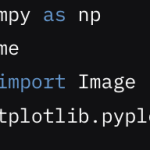
- Estimating π with a Monte Carlo Simulation Using CuPy

- N-Body Simulation with CuPy: A GPU-Accelerated Approach
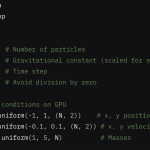
- Building a 2D Heat Equation Simulation with CuPy: A Step-by-Step Guide

- Dash: Python Framework for Building Interactive Web Applications for Data Visualization

Tags
Ai's Ai tools AlphaFold API Applications Artificial intelligence Building Clouds Frameworks Generative github High-Performance Infrastructures LangChain Large Language Models lib Library Models Open-sources Prediction project Protein structure python simulation transformers
Comments
CuPy brings serious GPU power to Python—numpy on steroids! ⚡🐍💥
JAX MD is pushing molecular simulations into the future with AI precision! 🧬⚙️🤖